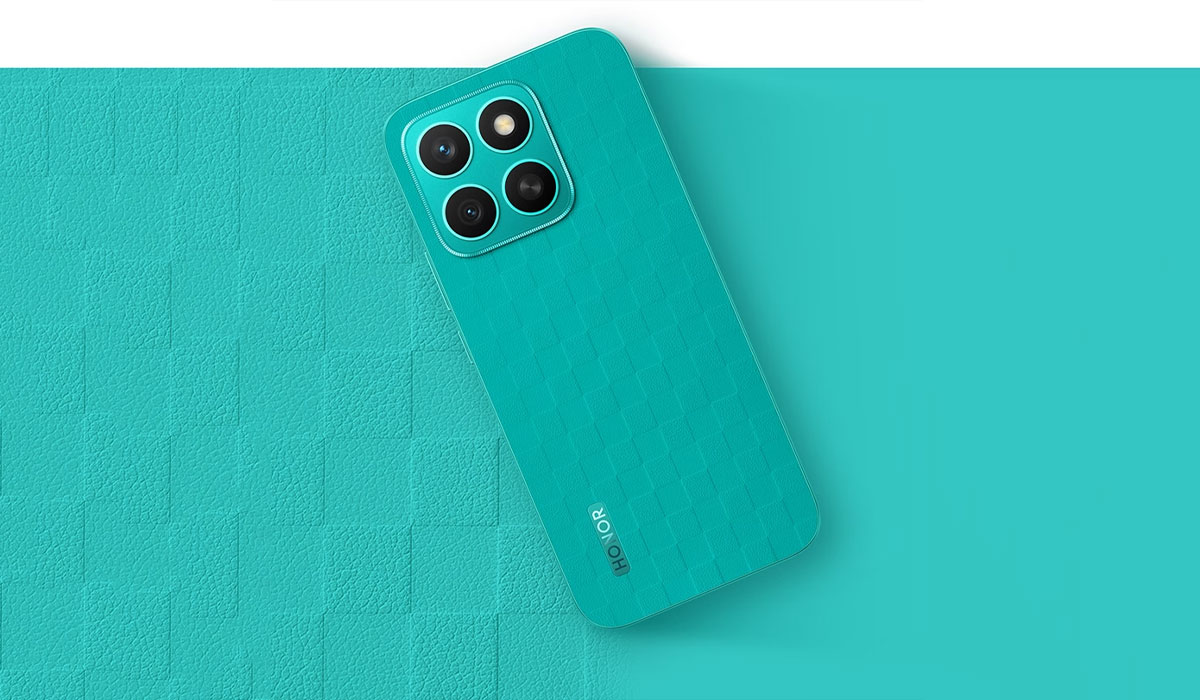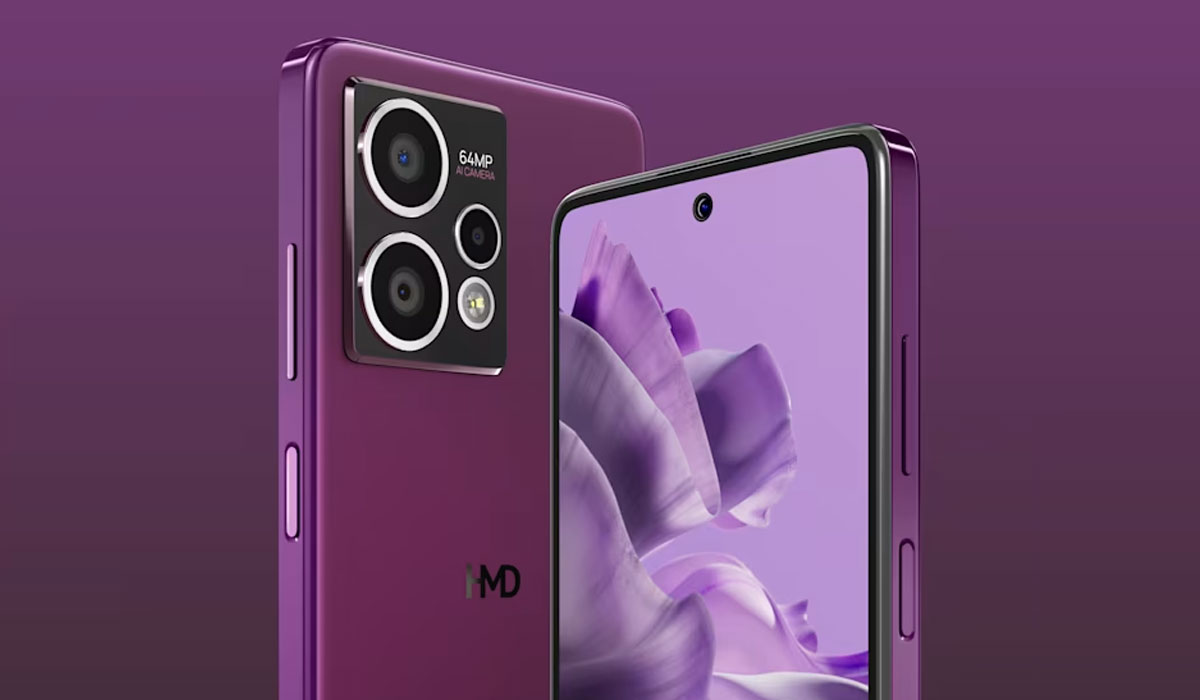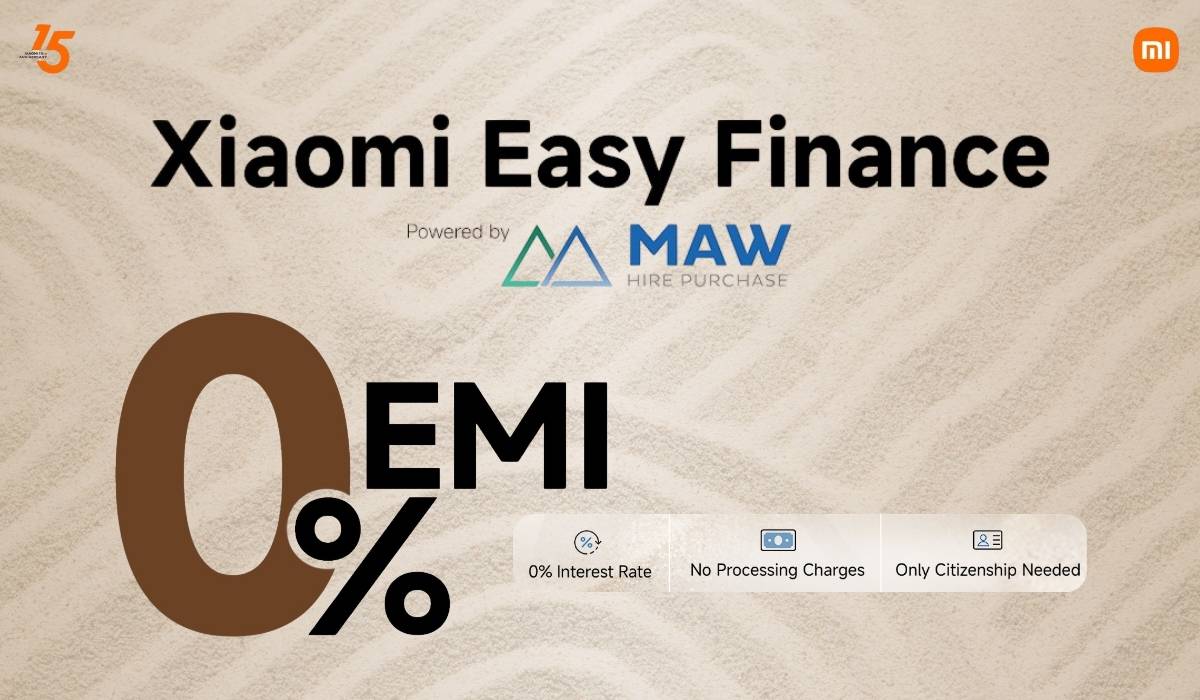Pros
- Good Build
- 90Hz Display
- Decent Performance
- Decent Camera Setup
- Good Battery and Fast Charging
Cons
- Average Speaker
- Realme UI Needs Polishing
- Ultrawide Angle Camera Could Have Been Better
Realme 7 was launched in November 2020. It is the successor of the Realme 6 that brings some changes in the hardware and camera department. Meanwhile, the design has also been slightly revamped.
Realme 7 is a mid-range device that boasts a top-notch mid-range gaming chipset. It is also the only smartphone to boast the MediaTek G95 chipset. Realme 7 price in Nepal is Rs. 35,990 for the 8/128GB variant.
I have been using this for more than 1 week now and this is my full review.
Realme 7 Specifications
- Body: 162.3 x 75.4 x 9.4 mm, 196.5 g, Dual SIM (Nano-SIM, dual stand-by)
- Display: 6.5 inches IPS LCD, 1080 x 2400 pixels, 20:9 ratio (~405 ppi density), 90Hz refresh rate
- Chipset: Mediatek Helio G95 (12 nm)
- CPU: Octa-core (2×2.05 GHz Cortex-A76 & 6×2.0 GHz Cortex-A55)
- GPU: Mali-G76 MC4
- Memory: 64GB 6GB RAM, 128GB 8GB RAM, UFS 2.1
- OS: Android 10, Realme UI 1.0
- Rear Camera: 64 MP, f/1.8, 26mm (wide), 1/1.73″, 0.8µm, PDAF
- 8 MP, f/2.3, 119˚, 16mm (ultrawide), 1/4.0″, 1.12µm
- 2 MP, f/2.4, (macro)
- 2 MP B/W, f/2.4
- Video: 4K@30fps, 1080p@30/60/120fps, gyro-EIS
- Front Camera: 16 MP, f/2.1, 26mm (wide), 1/3″, 1.0µm
- Video: 1080p@30/120fps
- Battery: Non-removable Li-Po 5000 mAh battery, Fast charging 30W, 50% in 26 min, 100% in 65 min (advertised)
- USB: 2.0, Type-C 1.0 reversible connector, USB On-The-Go
- Misc: Fingerprint (side-mounted), accelerometer, gyro, proximity, compass, 3.5mm Headphone jack
- Colors: Mist Blue, Mist White
Realme 7 Price in Nepal: Rs. 35,990 (8/128GB)
Realme 7 Review
Design
- 162.3 x 75.4 x 9.4 mm, 196.5 g
- Dual SIM (Nano-SIM, dual stand-by)
Realme 7 brings the rectangular camera setup with the Realme 7. But it’s disappointing that Realme 7 still doesn’t sport a glass back at this price tag.
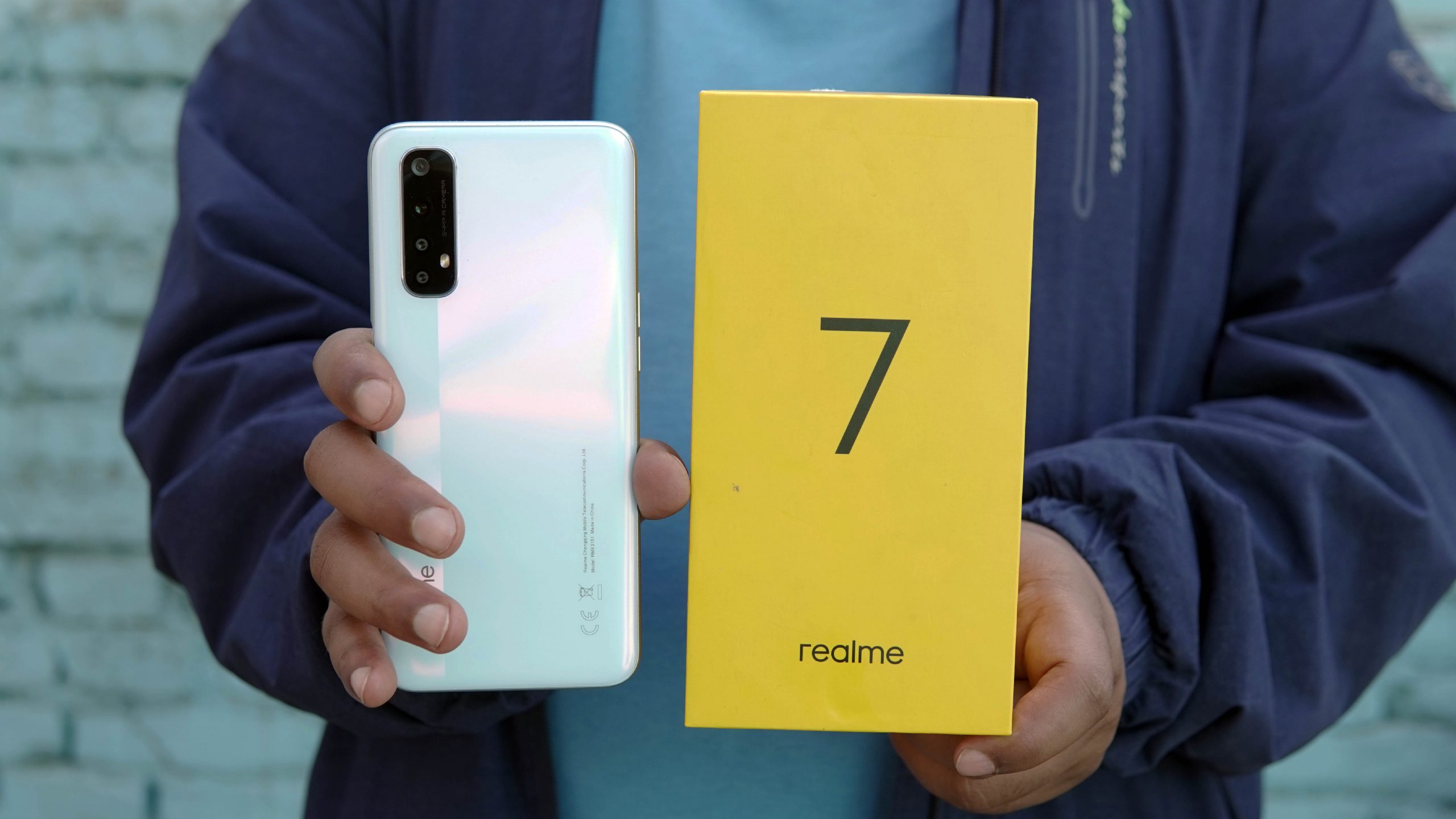
It is still using a plastic back and plastic frame which doesn’t give the same premium impression as the glass. However, it is built quite well and feels solid.
From the front, the Realme 7 looks very similar to the Realme 6 as it uses the hole-punch design in the top left area.
The bezels and chin feel the same as the Realme 6. Even if it has a thinner bezel and chin, it doesn’t feel like it. It features a headphone jack, USB C port, and speaker on the bottom. The power button and the volume buttons are on the right side. And the power button also doubles as a fingerprint sensor.
Display
- 6.5 inches IPS LCD
- 1080 x 2400 pixels
- 90Hz
Realme 7 comes with a 6.5 inches FHD+ IPS LCD display. It’s a 90Hz refresh rate display with Gorilla Glass 3 protection. The IPS panel used on the Realme 6 is a good one but an AMOLED display would have made it better.
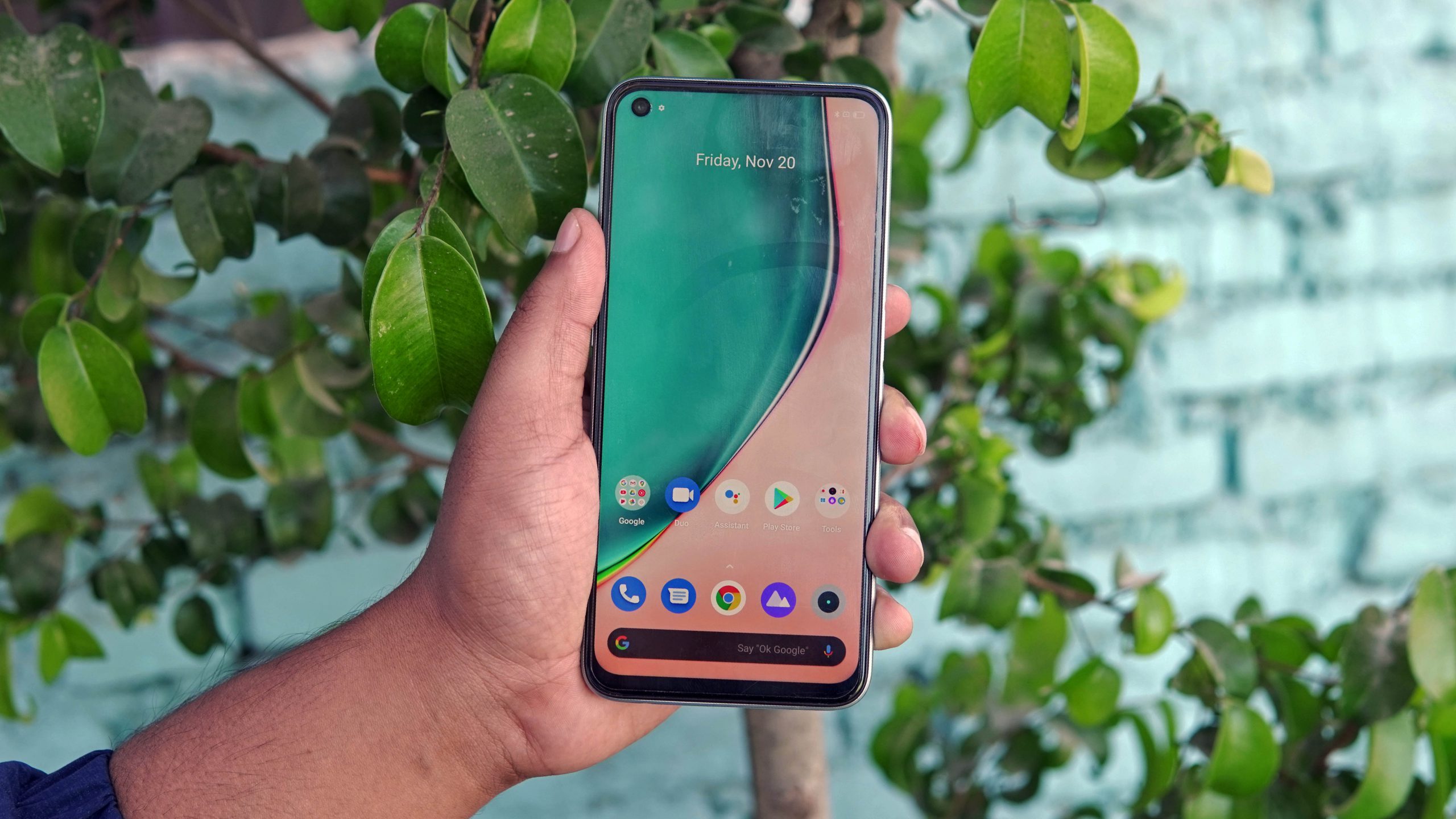
The colors are slighlty saturated and the viewing angles of the Realme 7 feel good as well. The brightness is more than enough but the auto-birghtness feature doesn’t work well. I had to manually adjust the brightness sometimes.
I had no problems while using the Realme 7 outdoors. But, its main feature is the smoothness of the 90Hz refresh rate. Not many phones offer a high refresh rate display at this price tag.
ALSO READ: Vivo V20 Review: Stylish Mid-ranger with Good Camera Performance!
Performance
- Mediatek Helio G95 (12 nm)
- Octa-core (2×2.05 GHz Cortex-A76 & 6×2.0 GHz Cortex-A55)
- Mali-G76 MC4
- 128GB 8GB RAM, UFS 2.1
Realme 7 is powered by the world’s first Helio G95 chipset. It is the upgraded version of the popular Helio G90T chipset.
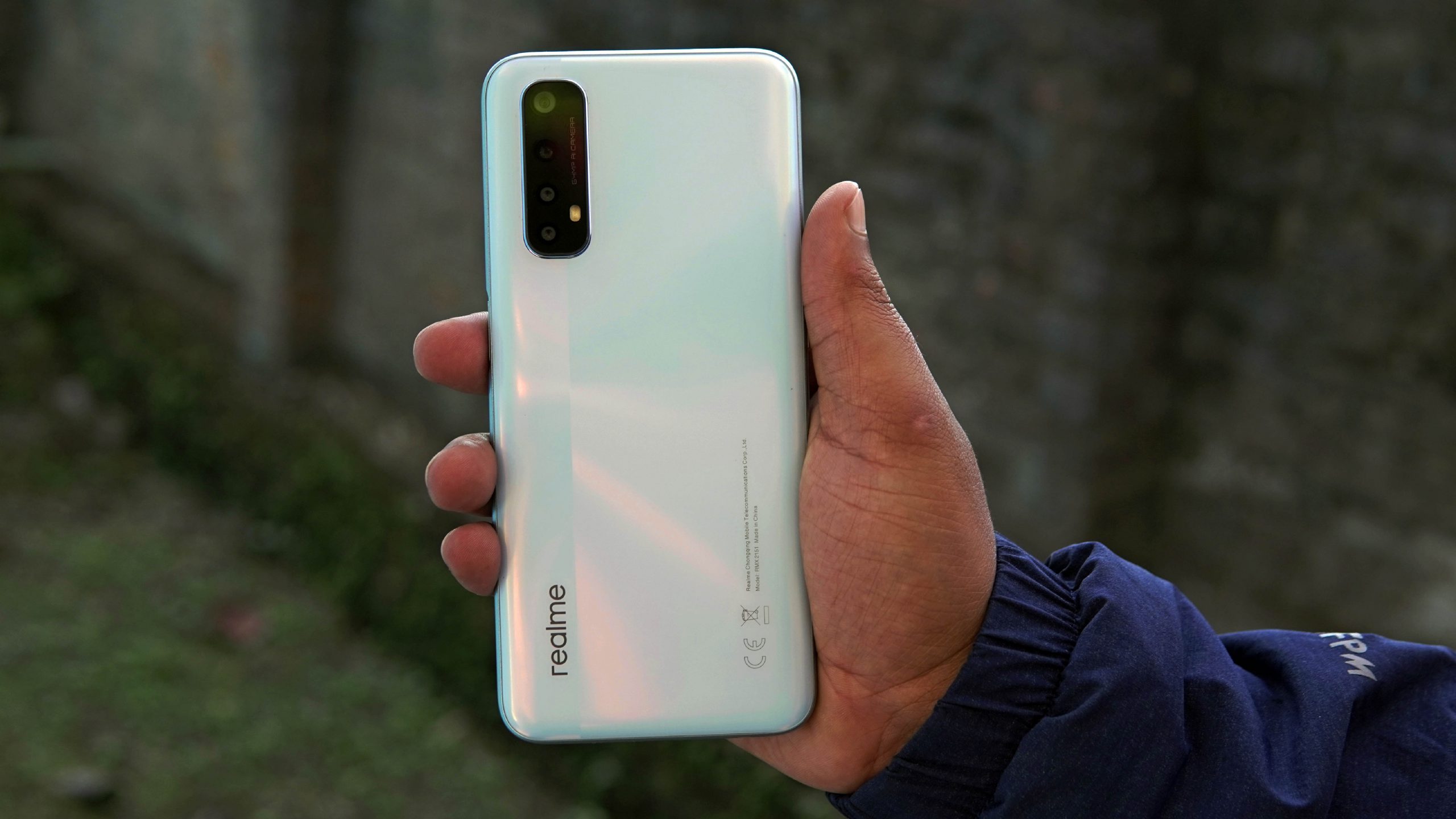
It’s a 12nm chipset with octa-core (2×2.05 GHz Cortex-A76 & 6×2.0 GHz Cortex-A55) CPU and Mali-G76 MC4 GPU. Helio G90T and G90T has the same CPU and GPU.
However, the Mali-G76 MC4 GPU on the G95 is clocked at 900 MHz compared to 800 MHz of the G90T. It is supposed to have a 5% better GPU performance but the difference is too low to be experienced in real-time.
I tested COD Mobile and PUBG on the Realme 7. It’s performance is top notch and both the games run consitently smooth.
PUBG Mobile runs smoothly in smooth graphics and ultra fps setting. And, you can also play COD Mobile on Max setting with consistent fps.
Talking about the thermals, Realme 7 uses a Carbon Fiber Cooling system that claims to improve cooling by 8.6%. Well, this cooling system seems to work as I didn’t feel the device getting uncomfortably warm. Also, the device was not throttling even after a long period of gaming.
Camera
- Rear Camera: 64 MP, f/1.8, 26mm (wide), 1/1.73″, 0.8µm, PDAF
- 8 MP, f/2.3, 119˚, 16mm (ultrawide), 1/4.0″, 1.12µm
- 2 MP, f/2.4, (macro)
- 2 MP B/W, f/2.4
- Video: 4K@30fps, 1080p@30/60/120fps, gyro-EIS
- Front Camera: 16 MP, f/2.1, 26mm (wide), 1/3″, 1.0µm
- Video: 1080p@30/120fps
Realme 7 has a quad-camera setup which seems similar to the Realme 6’s camera setup. The only major difference here is the use of the new 64MP Sony IMX 682 sensor instead of Samsung’s ISOCELL GM2 sensor.
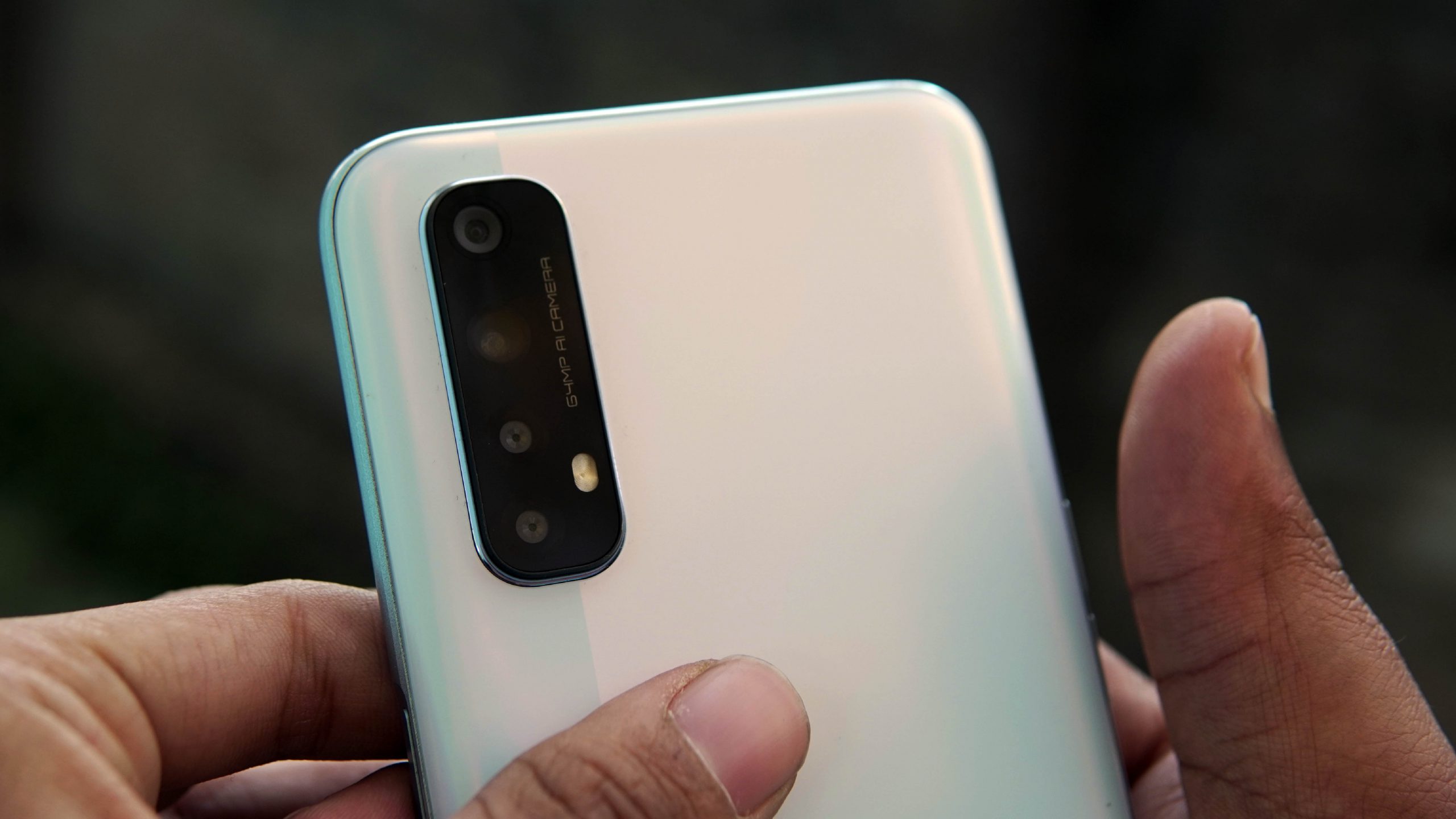
Except that the rear camera module includes an 8MP ultrawide sensor, a 2MP macro sensor, and a 2MP B&W sensor.
ALSO READ: Black Shark 3 Review: A Top-notch, But Expensive Gaming Phone
NORMAL PHOTOS
The Sony sensor is a better sensor than the Samsung GM2 sensor but I didn’t feel a significant step up in photo quality from Realme 6.
The main sensor captures good photos in daylight with good contrast and sharpness. The color feels natural but it does have a hint of slight saturation. The photos have a good amount of detail but the dynamic range is just average.
The 64MP images provide more detail but the colors are not as appealing as the normal photos.
If you want more detail then you can also capture photos with a 64MP camera but I prefer the normal mode. It produces good enough detail and 64MP mode cannot use HDR which will result in a darker picture.
ULTRAWIDE AND MACRO PHOTOS
The Ultrawide photos do not have a good dynamic range and you can notice some noise even during daylight. The colors are consistent with the main sensor and the photos are acceptable but it’s not impressive.
Likewise, the Macro photos do not have good detail and the photos are not appealing. But, you can use it occasionally for social media.
LOW LIGHT
In low light, Realme 7 produces images with decent detail. But you can notice noise in the images as well. The lights are captured well and kept under control.
Similarly, the night mode does improve the night photos as it removes the grains and noises. This brings more detail to the picture but it also brings some artifacts, especially in the sky.
ALSO READ: Samsung Galaxy M31 Review: The Go-to Mid-range Smartphone
FRONT CAMERA
The 16MP selfie camera of Realme 7 performs well. The selfies look sharp with a good amount of details. Images do turn out soft in some situations but the front camera works well most of the time.
As for portraits, the front camera does a good job with background separation and the bokeh effect is nice as well. The edge detection looks weak in some tricky conditions. Also, the background will get blow out if there is too much light on the background.

PORTRAIT
The portraits from Realme 7 are good. The edge detection works well but it’s not perfect in tricky situations. The depth effect feels nice and doesn’t look like an artificial effect.
Video
Realme 7 cap capture videos up to 4K 30fps. The video quality is good at 4k but the 1080p videos have low detail. You can notice noise even in daylight in 1080p videos.
It does have an ultra-stable mode which uses an ultrawide angle sensor to capture the videos and then crops in to make it stable.
ALSO READ: Redmi Note 9 Pro Review: Good Phone Overshadowed by its Predecessor
Battery
- Non-removable Li-Po 5000 mAh battery
- Fast charging 30W, 50% in 26 min, 100% in 65 min
Realme 7 has a 5000 mAh battery which is more than enough for a day of usage. Under moderate usage, I was still left with some battery in the tank at the end of the day. Whereas it would last almost a day and a half under average usage.
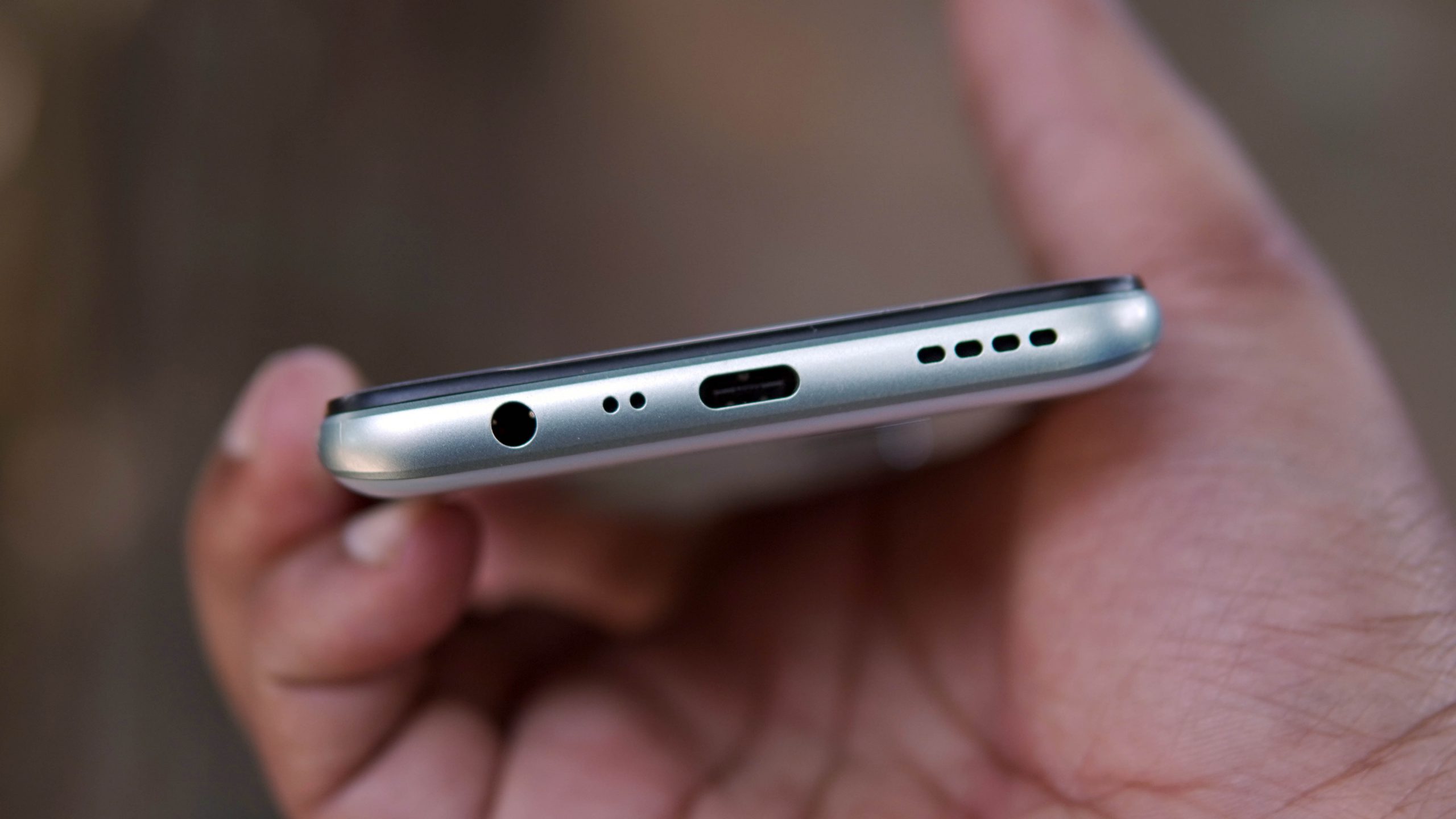
As for charging, the 33W fast charging claims to provide 100% in around 65 mins.
Security
The side-mounted fingerprint sensor on the Realme 7 works fast and is consistent. I did not have any problem with the fingerprint sensor.
The face unlocks of the Realme 7 is also fast. It works well in daylight but it is not consistent in low-light.
Speaker
Realme 7’s speaker is more than loud enough but it lacks bass. The clarity is quite good but the fidelity is underwhelming.
Software
Realme 6 runs on Realme UI which is similar to Color OS. The experience is the same as the Realme 6.
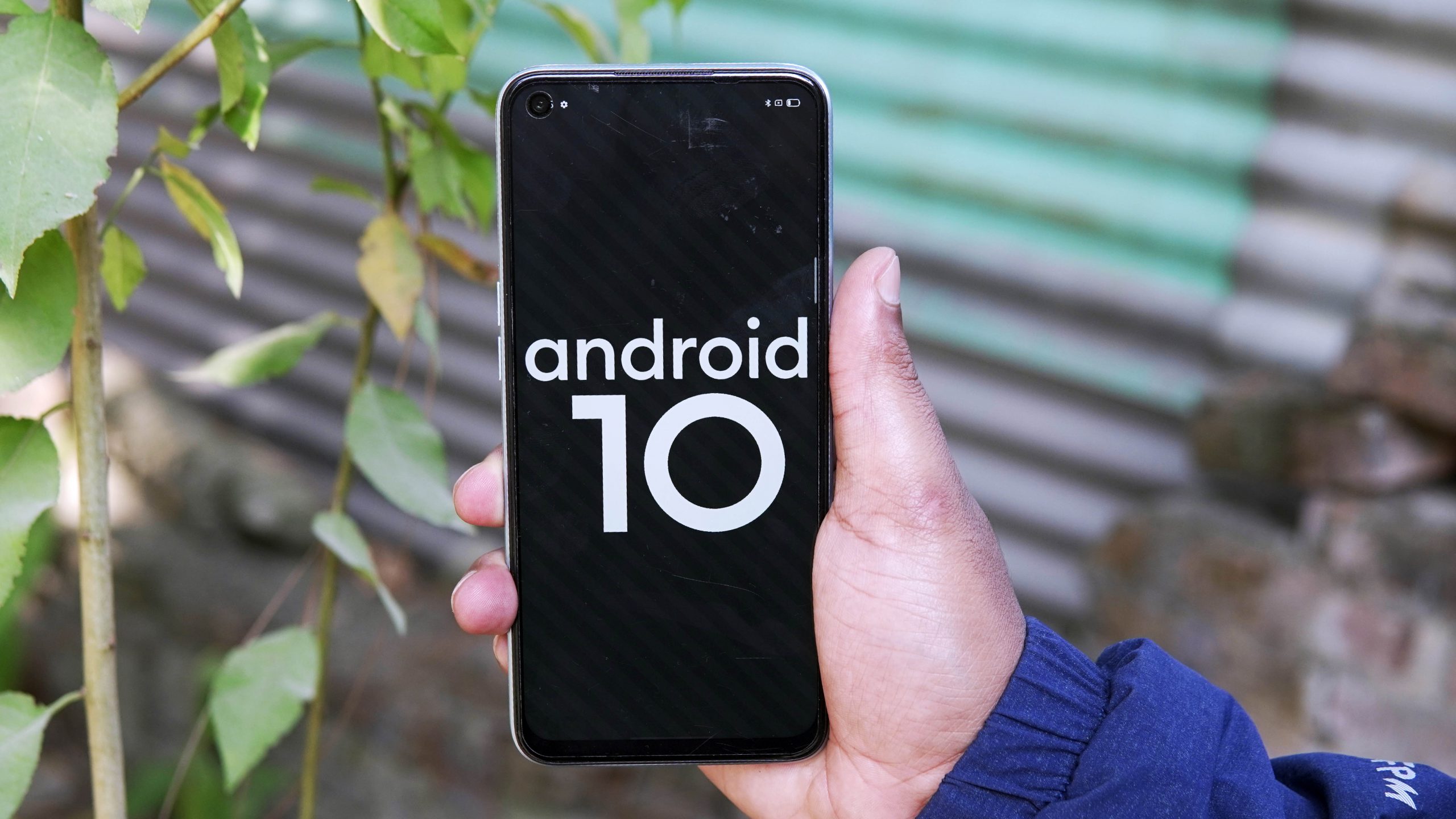
It does have a lot of features and comes with gesture navigation and customization options. The UI is snappy and smooth but the settings menu feels cluttered and the clock was also blocked by the notch. So, Realme 7 can use some finishing touches to its UI.
Conclusion
Realme 7 is a good phone for Rs. 35.990. It has a high refresh rate display, good performance, and an excellent battery. But, Realme 7’s camera doesn’t feel as good as it should be. I can say that it is not the best camera for the price.
While it’s a great option for gamers and people who want a high refresh rate display. Realme 7 feels a bit expensive when you factor in its plastic build and underwhelming camera performance.
What do you think about the Realme 7? Let us know in the comments!
READ NEXT: Infinix Hot 9 Play Review: A Value Packed Budget Phone
-
Honor X8c with 120Hz Display Launched in Nepal with an Early Bird OfferHIGHLIGHTS Honor X8c price in Nepal is Rs. 33,999 (8/512GB). It is powered by the…
-
HMD Crest Max 5G Launching Soon in Nepal – Now Even BetterHIGHLIGHTS HMD Crest Max 5G price in Nepal could be Rs. 21,999 (8/256GB). This phone…
-
Now You Can Buy a Xiaomi Phone on EMI in Nepal Too – Here’s How!HIGHLIGHTS Xiaomi launched its hassle-free EMI service dubbed the “Xiaomi Easy Finance”. The latest Redmi…













